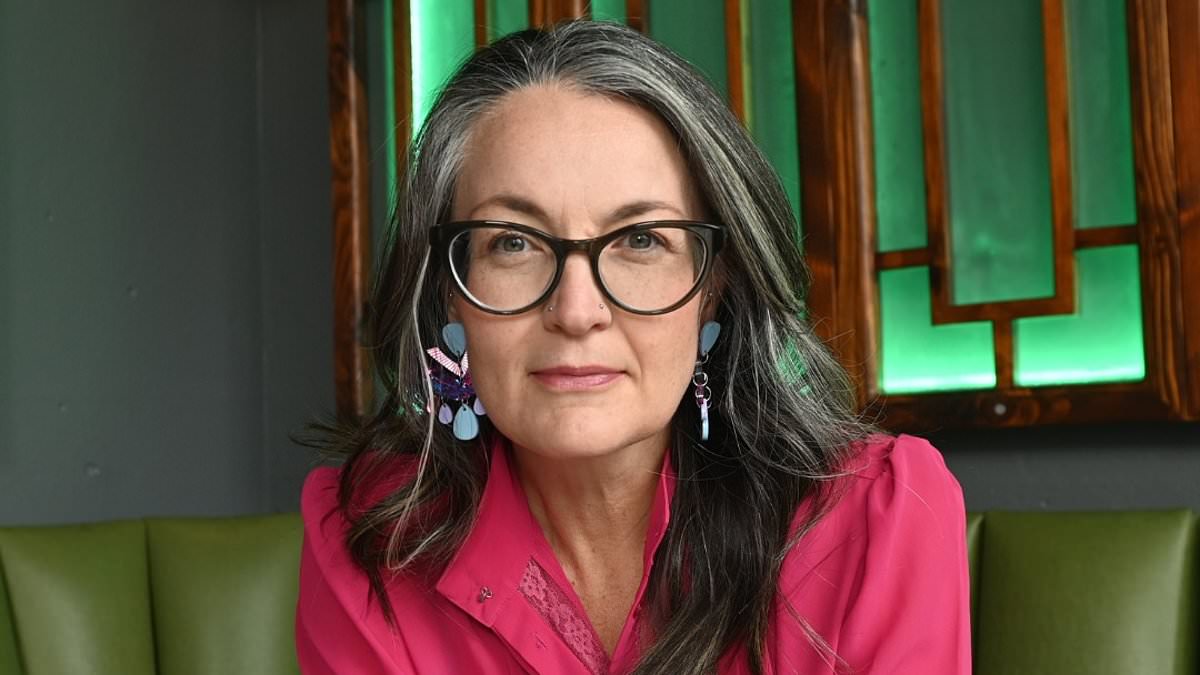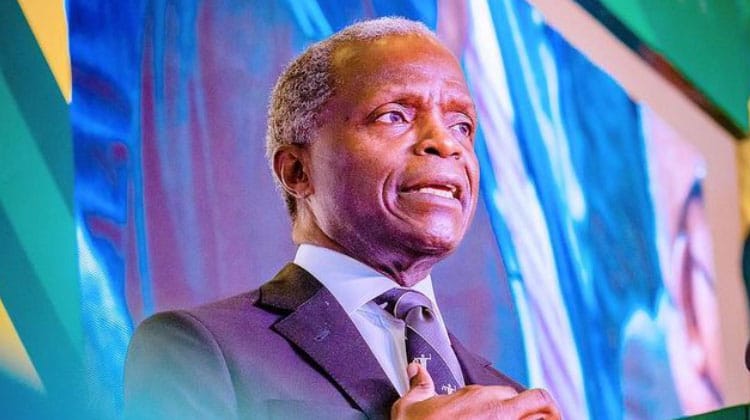I have spent years working with teens, as a teacher and school counsellor in NSW public schools, and now in private practice as a psychologist and cyberpsychology educator for all ages.
I started exploring cyberpsychology in my psychology Honours thesis on Year 10 boys and video games back in 2009. And my Masters’ thesis examined self-control and problematic smartphone use in Year 7 students.
I see first-hand some of the shocking, sad and sometimes preventable issues that arise from developing minds accessing powerful technology too young, too often and without appropriate supervision.
But I don’t believe that hasty plans to ban teens from social media are an effective or meaningful way to address concerns about the youth mental health crisis.
That said, I also believe in parents’ right to choose to delay uptake of smartphones and social media and that reducing the peer pressure to be on social media until at the very least high school would be a great first step that we could collectively take tomorrow.
These are some of the reasons I’m not on board with the current ban plans – with Prime Minister Anthony Albanese’s government introducing legislation to the House of Representatives on Thursday morning.
Reason #1. The research on social media and youth mental health is actually pretty murky and inconclusive.
If you have read (or pretended to read) Jonathan Haidt’s hefty Anxious Generation, you will think that the research is all stitched up. It’s not, by a long shot – even Professor Pat McGorry agrees.
We need to research the complex, dynamic ways individuals use social media, not just track time spent – which is like counting digital calories without considering the nutritional content.
2. Social media use, like ‘screentime’, is not one thing – it’s a million things, some of which are positive
Boiling all ways of using social media down to binary notions of good vs bad is not only unhelpful but shows how little adults understand about the complexities, utilities and benefits of social media.
When we use it intentionally, and in empowered ways to align with our goals and values, research like this shows positive outcomes. There are already a range of tools to help manage use, from parental controls, to block and mute buttons.
Bans ignore the benefits (for instance – watching Question Time in Parliament on YouTube!) and create more risk and marginalisation for vulnerable, isolated young people who use social media beneficially.
3. Effective age verification technology doesn’t exist (yet) and will be expensive to build and maintain.
We are trying to legislate a solution that has been abandoned in the countries that tried it.
To verify someone’s age, we need to verify their identity – this means folks over 16 also will need to prove their age through these ‘age gate’ systems – so Baby Boomers will also have to navigate verification to use Facebook.
This will set up third party tech companies to store identity documents, and create a digital bank vault that could become a target for hackers and scammers. It’s called the world wide web, and getting around a geographical boundary is as simple as V-P-N.
4. Bans don’t teach young people skills to navigate digital spaces.
Like any complex skill, learning to use social media to requires role modelling, repetition and rehearsal.
As with pool safety and learning to swim or driving, we must support young people to learn dynamic ways of participating safety and intelligently in social media spaces and manage a range of conditions and situations.
Young people learn through experience, not just theory (or single guest speaker sessions at assembly). So creating sandboxed versions of social media platforms, like the new Instagram Teens accounts recently launched, helps them learn with digital training wheels on.
We don’t hand kids the keys to the SUV at 16 and let them drive. We also didn’t ban cars when people tragically had accidents- we set safety standards, developed more road rules and changed licensing regulations.
5. A ban can signal permission for parents to be more hands off with digital wellbeing practices – and that will reduce pressure on big tech to prioritise accountability.
The ban may inadvertently enable parents to abdicate their responsibility for monitoring and guiding their children’s online behavior.
We didn’t grow up with this technology and it has caught many parents off guard in terms of confidence managing devices, setting boundaries and navigating the conflict that often arises.
Parents need more practical support to tackle these issues, not flimsy, fear-fuelled laws that are unenforceable.
Making ‘social media’ illegal doesn’t stop kids accessing it. They will do so in more covert and risky ways, and wander into darker spaces with even fewer trust and safety measures than the big players, once again catching overwhelmed and exhausted parents off guard.
Even if Parliament ignore the recommendations of its own joint select committee and these laws pass before Christmas, it will be over 12 months before the legislation can reasonably come into effect.
There are a range of practical actions parents and carers can take today to improve the digital wellbeing of the teens and tweens in their lives.
Young people’s mental health deserves our immediate and sustained attention and action. This is best delivered through deliberate legislative design, not desperate deployment. Let’s move wisely, to effectively protect people.
Jocelyn Brewer is a Sydney-based psychologist and founder of Digital Nutrition.


